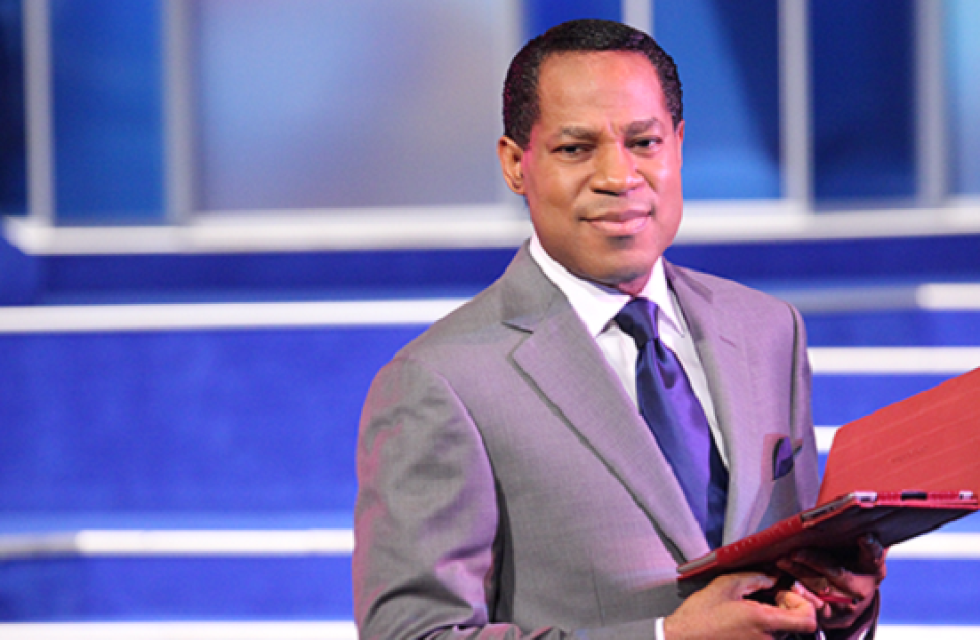
Synthesis (Cont)
As we persist in prayer we grow in character, faith, and hope. Nehemiah constantly combined prayers with preparation and planning. Too often we pray without looking for what God wants us to do.
We show God we are serious when we combine prayers with thorough, preparation, and effort. You do not have to spend hours on your knees, or weave Bible verses into your prayers, or use the jargon, verbal marathon or secret codes, pious clichés, high-sounding phrases with which other people seemed familiar. Three main reasons for people feeling disappointed with their prayer lives are:
1.They try to imitate another person’s approach to prayer rather than developing an approach better suited to their personality.
2.They misunderstand the nature and character of God and fail to see Him as He really is — large hearted and magnanimous.
3.They have repeatedly prayed over a long period for what they believe should be God’s will for His children, but the prayer seemed unanswered. ‘How?’ Develop for yourself a pattern and style of prayer that is yours and not that of someone else. Before you start to pray, position yourself and mind to receiving answers to your prayers. Be expectant. God is our Father and Friend. He delights to give and answer prayers.
When we fail to pray then faintheartedness soon follows. We either pray or become a prey to spiritual weakness and a pawn in the hands of Satan. One of the major reasons for lack of godliness is prayerlessness.
Three faults Jesus emphasised that we should guard against in our prayers are
I. Hypocrisy
II. Meaningless repetition
III. Bitterness and resentment.
Notable prayer blockers are:
a) Disobedience — f we refuse to obey God’s injunctions, there is no point praying.
b) Irreverence — we must go into prayers recognising God’s awesomeness.
c) Lack of concern — if we refuse to hear other’s needs, God will refuse to hear ours.
d) Sin — unconfessed sin separates us from God and makes communication impossible.
e) Unforgiveness — we must forgive others, so God can hear our prayers and forgive us of our sins.
f) Doubt — takes the power away from our prayers. g) Unbelief — our prayers must be rooted in our belief and trust in God.
h) Wrong motives — praying only to fulfill our pleasures and desires is not praying in God’s will.
Genuine prayers call for accompanying moral and social accountability. Obeying God’s commands, loving Him and pleasing Him are indispensable conditions for receiving answers to prayers. When James wrote that the prayers of the righteous are effective, he meant both a person who has been made righteous through faith in Christ and one who is living a righteous, God-fearing and obedient life. Finally, for our prayers to be effective we must be persistent in prayer and faith.
• Email: mercyolumide2004@yahoo.co.uk. www.thebiblicalwomanhood.com. Mobile: +234 803 344 6614; +234 808 123 7987.













